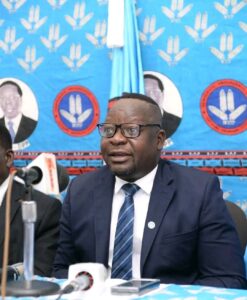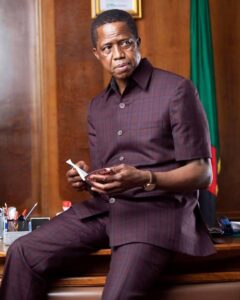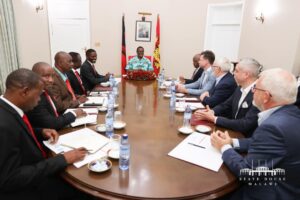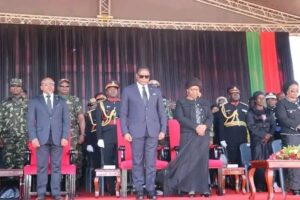Northern Region Water Board Embarks On Water Service Expansion Program
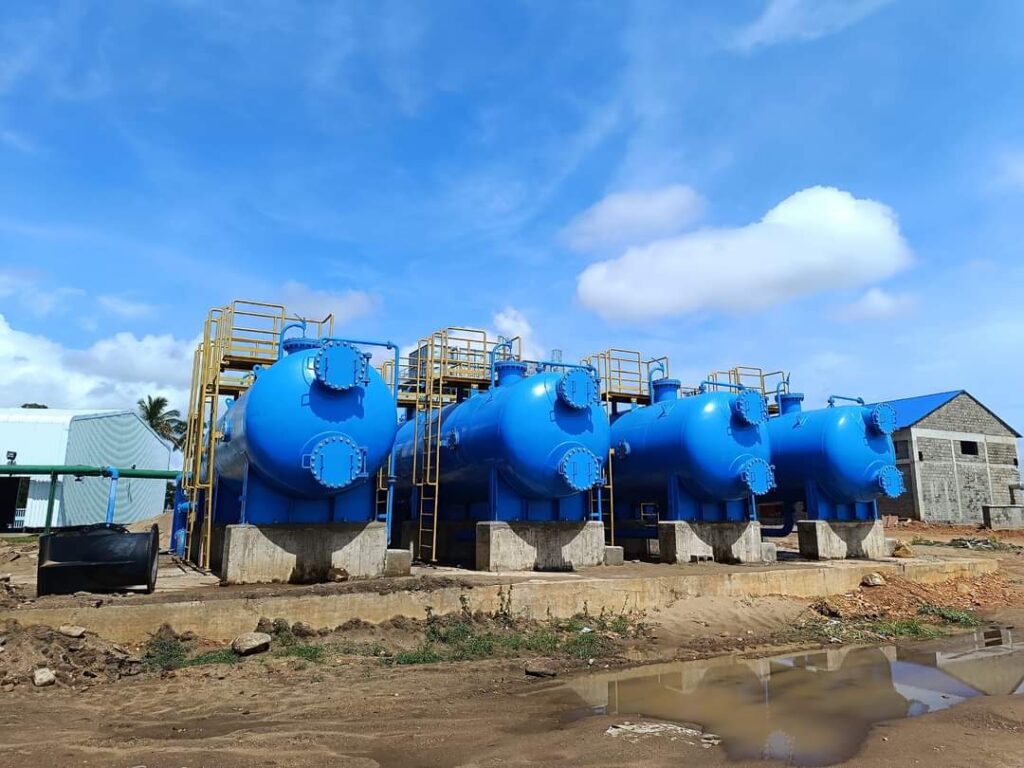
The Northern Region Water Board (NRWB) says it is doing all it can to achieve access to safe water and improved sanitation and hygiene services by 2030 in line with government’s vision.
The plan will enable the expansion of the water supply systems in all northern region districts.
Speaking in an interview on the side-lines of the Karonga Town Water Supply Project on Saturday, NRWB Chief Executive Officer, Francis Munthali said they are doing this to achieve access to safe water and improved sanitation and hygiene services.
“At the moment, the Karonga Town Water Supply Project is at 92 percent completion, and we had successful discussions with the European Investment Bank (EIB) to improve water supply by addressing the issue of power reliability.” Munthali said.
Munthali further revealed that EIB has committed to allocate 47 million Euros (approximately 90 billion Malawi Kwacha) for implementing the project. We will install solar plants in all our pumping stations in the northern region to ensure uninterrupted water supply.
“We also believe that the solar panels will reduce the cost of production, hence making water available to customers at fair prices. There is also a lot of demand for power, so if we use solar energy, then ESCOM can divert that power to others who need it,” he explained.
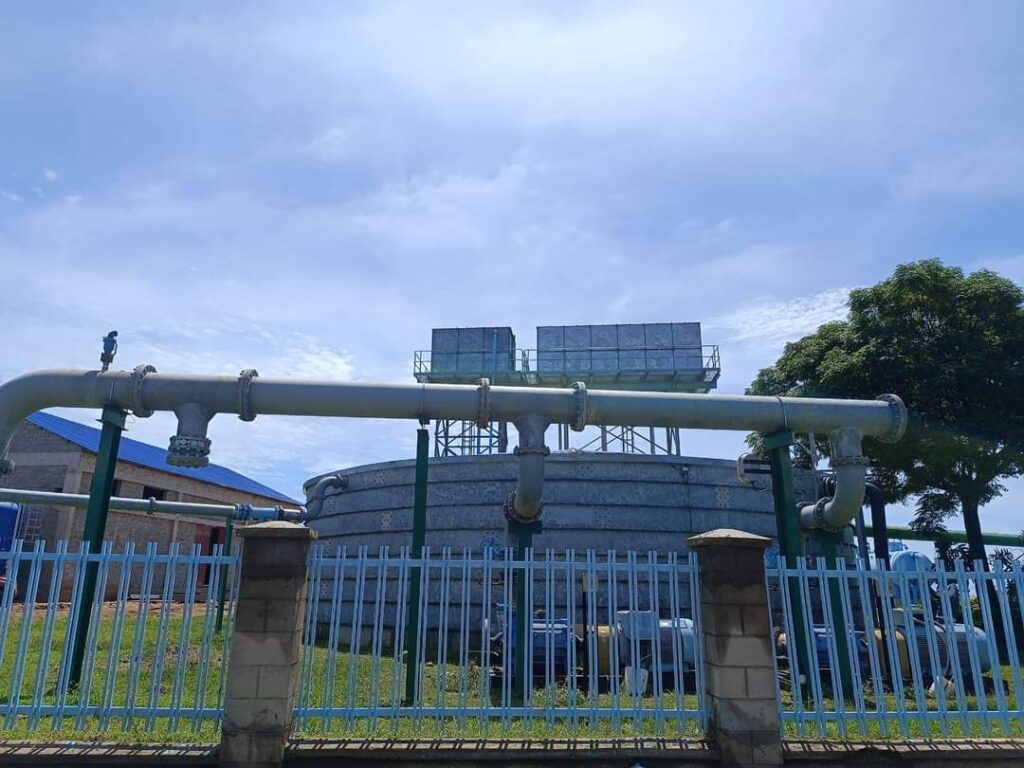
Through the project, NRWB will also raise the height of the dam at Lunyangwa in Mzuzu by 1.5 meters aimed at producing the highest capacity of portable water for Mzuzu residents.
The expansion means that the existing water treatment plant in Mzuzu will be upgraded from the current capacity of 21 million litres per day to 30 million to cover the ever-growing demand for water in the city.
“We will also increase storage facilities by adding 8 million liters to reach more people who reside in the city and the outskirts of Mzuzu City,” said Munthali.
In his remarks, the NRWB Board Chairperson, Frank Mwenifumbo, said the Board is fulfilling its mandate of implementing the government’s water and sanitation policy, emphasizing that the development will drastically reduce the occurrence of waterborne disease outbreaks in alignment with the Malawi 2063 agenda to facilitate access to potable water for all.
Recently, the Board has earned recognition with the Nkhata Bay Town Water and Sanitation Project, Rumphi Water Supply Project and Mzuzu Water Supply Project.
